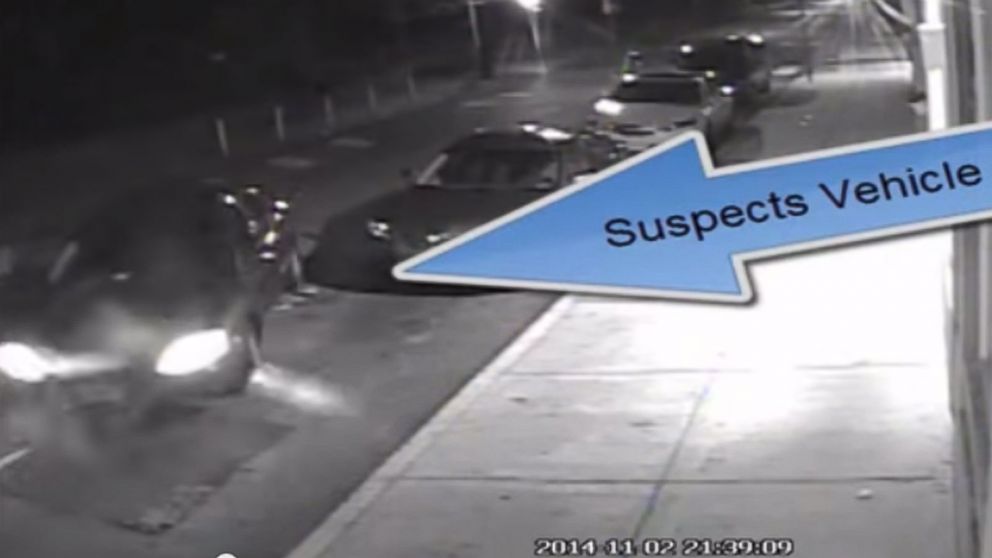GPS Tracker That Helped Catch Delvin Barnes Is One of at Least 3M on the Road
Which cars get the controversial device that helped pinpoint accused kidnapper?

— -- At least three million of the GPS devices that helped catch accused kidnapper Delvin Barnes are on the road in the country, and they are perfectly legal, says an association that represents that industry.
Authorities said they tracked down Barnes with a number of clues, including his alleged use of the victim's debit card and a GPS tracking device in his car that is normally used by car dealers to track customers with poor credit history so that it makes it easier to repossess the car if a customer defaults on a loan.
Barnes was charged by federal authorities with kidnapping. He allegedly admitted to the Nov. 2 abduction of Carlesha Freeland-Gaither in Philadelphia, and later drove her to Aberdeen, Maryland, according to a federal complaint released Thursday.
That GPS device in Barnes' vehicle was produced by PassTime, a company based in Littleton, Colorado, and established in 1992, the company said in a statement on Thursday.
Corinne Kirkendall, vice president of compliance and public relations for PassTime, said the company requires dealers to obtain written consent from drivers acknowledging that the device is on the car and how it is used. All dealers must follow laws regulating the collection of personal information, she said.
Here's how PassTime's devices are used. Drivers can hear notices in the form of repeated beeps to remind them to make car payments. If a driver is late on a payment, the device can send a wireless code to interrupt the start of the vehicle. Once the vehicle is off, it will lose power to the starter.
"But they receive warnings that this is going to happen," Kirkendall told ABC News.
PassTime said it has about 1.5 million of these devices on the road, and the company estimates it has about 35 to 55 percent of this market.
Kirkendall also represents the industry's trade group, the Payment Assurance Technology Association. The association has issued ethical standards, including requiring dealers and lenders to disclose the use of the device to customers.
Some of the industry's devices have been the subject of ongoing lawsuits, including drivers who say their lenders disabled the starter in a dangerous or inconvenient situation.
Kirkendall said the devices can't stop a car from moving while the customer is in the midst of driving on the road. PassTime offers a 24-hour call center that allows drivers to request re-enabling the starter, such as in the case of an emergency; or drivers can also call the dealer or lender to do so.
Christopher Kukla, senior vice president of the nonprofit Center for Responsible Lending, said his organization hasn't made a stance on the device, but he has some concerns.
"Typically consumers with sub-prime credit are frequently the target of abusive lending practices. Our concern with this technology generally is that while it makes it easier for lenders to repossesses the car, which could make it cheaper to make loans -- in some cases, lenders have used it as an opportunity to make even riskier loans to consumers," he said.
When asked for his reaction to the use of the device to bring back a kidnapped victim, Kukla said, "Obviously, we're all very happy that she's home safe. Clearly this was a great outcome in this particular situation."
Kukla's said the inability to use one's car could be problematic in the case of a medical emergency, for example.
"Unfortunately what we've seen are several cases where people have been put in danger –- not because of the GPS, but because of the starter interrupter. So while this worked out great [in the kidnapping case], there are a lot of cases where serious issues have popped up because of the use of these devices."




